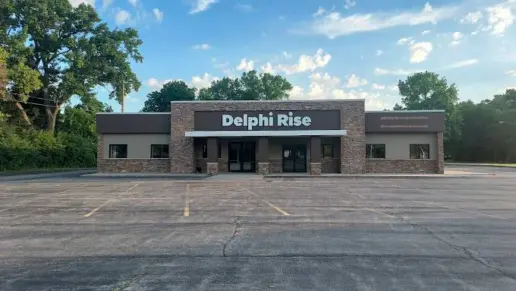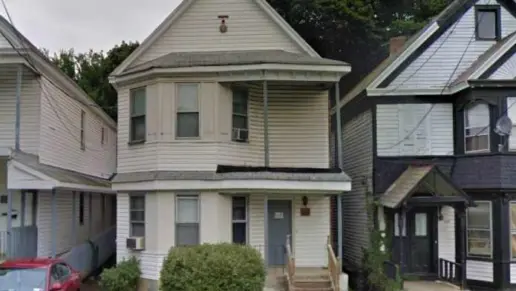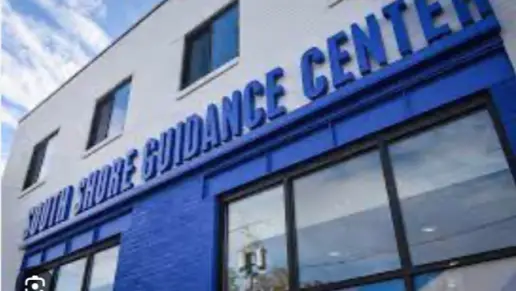INTER-CARE was the place where I found love in my time of need, they were my support when I felt hopeless, and I will always be thankful for that. They were incredible, the staff was helpful, the doctors were professional, and the facility was always clean. I wish I could gi ...
About Inter-Care
INTER-CARE Ltd. is a comprehensive outpatient facility that supports individuals and families affected by alcoholism and other substance use disorders. They’re located in New York City and licensed by NYS OASAS. Their program includes intensive outpatient therapy, early intervention and early recovery services and psychiatric care/addiction medicine. They also offer specialty recovery programs and family treatments services and trauma informed care. I like that they offer in person and virtual options as well as daytime and evening therapy schedules to optimize convenience.
The facility boasts a safe and caring outpatient setting where you can receive confidential treatment that respects your dignity. Their recovery approach integrates 12 step philosophy with evidence based models. These include motivational interviewing (MI), cognitive behavioral therapy and dialectical behavioral therapy.
These models provide motivation and support and equip you with tools to face life’s daily challenges including stress and anger. Their interdisciplinary clinical team includes trained experts in these innovative treatment approaches. They even offer medication assisted treatment (MAT) which is the gold standard in evidence based therapy.
Their intensive outpatient care is a six to 10 week rehabilitation program involving group counseling, psychoeducation and periodic individual counseling. Random drug testing is equally an important component of this program. The focus is on lasting recovery and relapse prevention. You’ll attend three group therapy sessions and about three weekly skill building workshops over four days.
You’ll learn a structured curriculum of coping tools derived from dialectical behavioral therapy (DBT) and cognitive behavioral therapy (CBT) as well as Smart Recovery while gaining insight, feedback and support from peers in recovery.
You can also attend an optional 12 step meeting. You’ll like this program if you need considerable support to build your recovery foundation.
The program may also incorporate MAT in coordination with their medical department. This technique uses counseling alongside meds approved by FDA to support alcoholism or opioid addiction recovery. Their MAT program uses naltrexone, Vivitrol and Antabuse to reduce cravings and prevent relapse. Folks with co occurring conditions will receive psychiatric care including mental health evaluation and medication management. This is in addition to addiction therapy.
Their medical department even offers disability related evaluation, gap prescription refills and care coordination with outside psychiatrists. You can continue your recovery journey via Phase 2 of their specialty program upon completing the intensive outpatient treatment.
The Phase 2 specialty group involves twice weekly group therapy for folks who have accumulated two to four months of sobriety. It can enhance the relapse prevention and personal growth strategies you learned from intensive outpatient or early recovery programs.
Other specialty program groups include Phase 3 dual diagnosis and DBT workshop groups. The early recovery program serves folks seeking a more flexible and less intensive treatment approach than intensive outpatient care. It involves two therapy groups weekly, periodic individual sessions and weekly drug testing.
You’ll gain insight into the nature and severity of substance misuse, learn relapse prevention skills and give/receive feedback and support. You may supplement group therapy with a weekly workshop like DBT to enhance your knowledge of specific coping skills. This program lasts twelve weeks after which you advance to other specialty programs that fit your needs.
Their early intervention service is an educational program that serves DWI referrals, employees in safety sensitive positions and folks resistant to treatment. It uses motivational techniques and standard drug and alcohol assessments to raise awareness about the personal impact of substance use in therapeutic workshops.
Latest Reviews
Rehab Score
Gallery
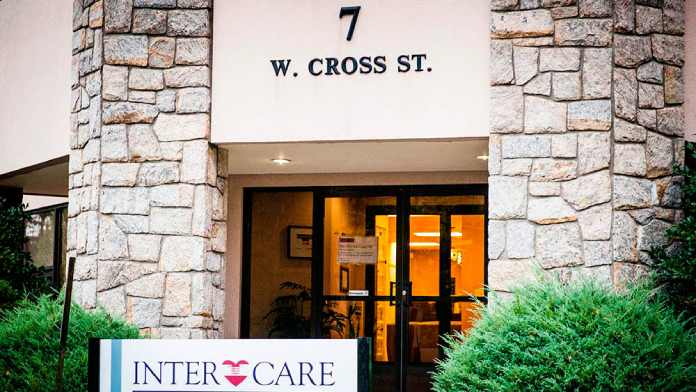
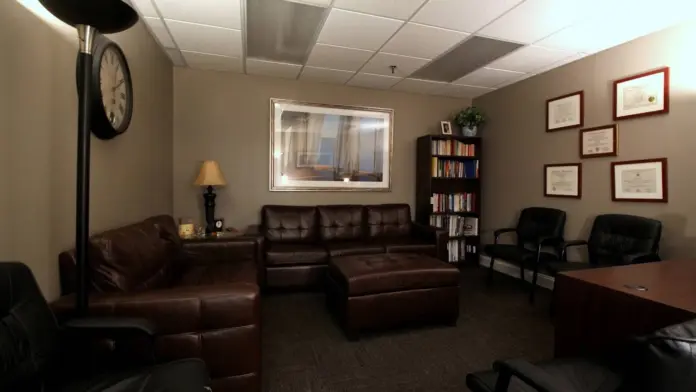
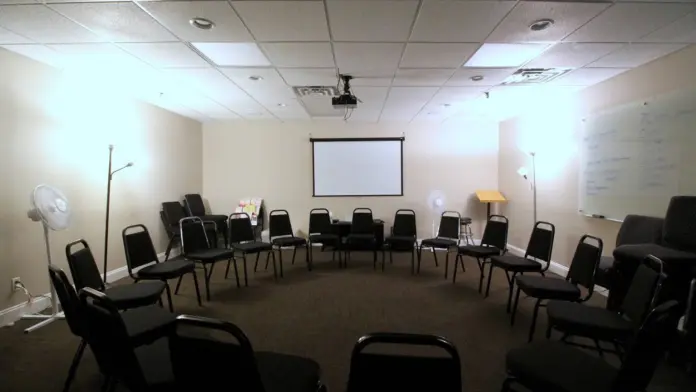
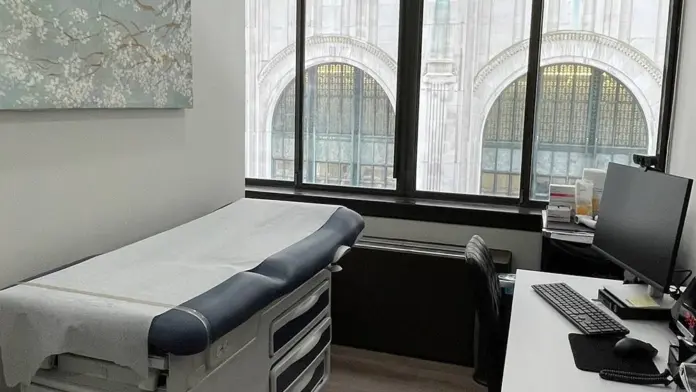
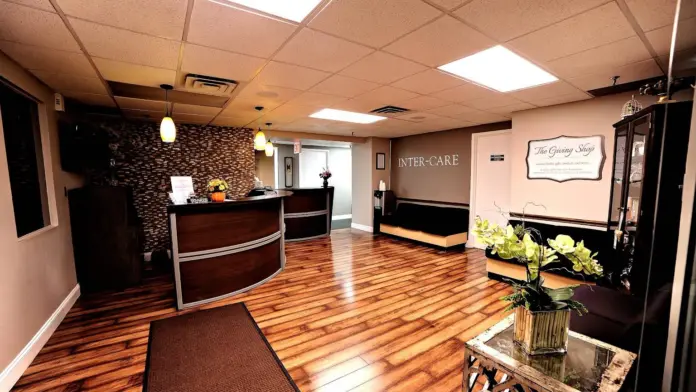
Location
Accepted Insurance





Other Forms of Payment
Medicaid is a state based program that helps lower-income individuals and families pay for healthcare. Medicaid covers addiction treatment so those enrolled can use their coverage to pay for rehab. When a program accepts Medicaid the client often pays very little or nothing out of their own pocket.
Private insurance refers to any kind of healthcare coverage that isn't from the state or federal government. This includes individual and family plans offered by an employer or purchased from the Insurance Marketplace. Every plan will have different requirements and out of pocket costs so be sure to get the full details before you start treatment.
Self-pay involves paying for treatment out of your own pocket. You can use savings or credit, get a personal loan, or receive help from family and friends to fund your treatment. If you don't have insurance or your insurance plan doesn't cover a specific program, self-pay can help ensure you still get the care you need.
Addiction Treatments
Levels of Care
Treatments
The goal of treatment for alcoholism is abstinence. Those with poor social support, poor motivation, or psychiatric disorders tend to relapse within a few years of treatment. For these people, success is measured by longer periods of abstinence, reduced use of alcohol, better health, and improved social functioning. Recovery and Maintenance are usually based on 12 step programs and AA meetings.
When you choose drug rehab in New York, you'll participate in a variety of treatments that are designed to help you live a drug-free lifestyle. Common methods of treatment include group, individual, and family counseling, medication management, nutrition, exercise, and management of co-occurring mental health disorders.
Many of those suffering from addiction also suffer from mental or emotional illnesses like schizophrenia, bipolar disorder, depression, or anxiety disorders. Rehab and other substance abuse facilities treating those with a dual diagnosis or co-occurring disorder administer psychiatric treatment to address the person's mental health issue in addition to drug and alcohol rehabilitation.
Opioid rehabs specialize in supporting those recovering from opioid addiction. They treat those suffering from addiction to illegal opioids like heroin, as well as prescription drugs like oxycodone. These centers typically combine both physical as well as mental and emotional support to help stop addiction. Physical support often includes medical detox and subsequent medical support (including medication), and mental support includes in-depth therapy to address the underlying causes of addiction.
Substance rehabs focus on helping individuals recover from substance abuse, including alcohol and drug addiction (both illegal and prescription drugs). They often include the opportunity to engage in both individual as well as group therapy.
Programs



Clinical Services
Group therapy is any therapeutic work that happens in a group (not one-on-one). There are a number of different group therapy modalities, including support groups, experiential therapy, psycho-education, and more. Group therapy involves treatment as well as processing interaction between group members.
Men and women in New York undergoing one on one individual therapy for drug and alcohol addiction treatment will address the unique psychological and emotional aspects that are often associated with addiction triggers. Your therapist helps you build a relapse prevention plan and set achievable goals to improve your mental health and achieve long term sobriety.
Introduced in 1983, motivational interviewing is a method to help clients commit to change. It's based on the philosophy that change is hard, and clients must explore their own options and come to their own conclusions rather than receive warnings or advice from the therapist.
Trauma therapy involves working through the psychological and emotional impact of a traumatic event. You learn to identify the triggers and develop coping mechanisms that build a sense of safety and trust in yourself.
Amenities
-
Residential Setting
-
Private Rooms
Contact Information
51 East 25th Street
Lower Level
New York, NY 10010











